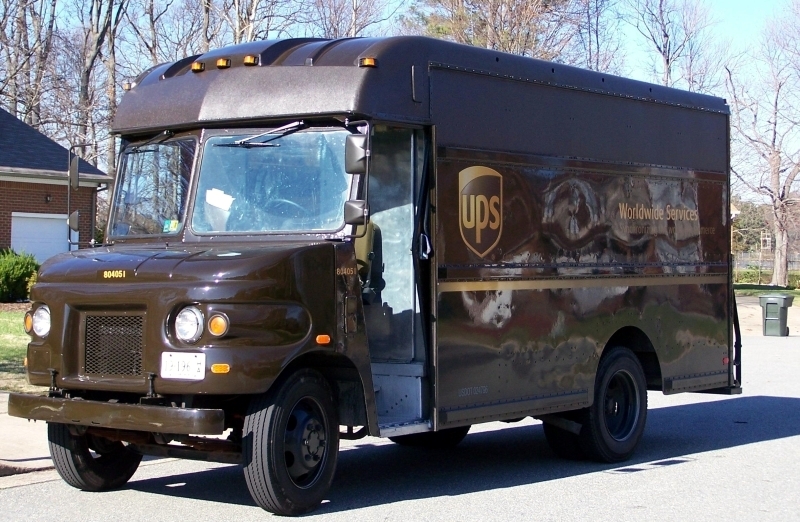
Photo courtesy of Wikipedia
There are things that we do in our lives that may not be good for us, but without a thorough review of our actions and the subsequent results, we’ll never know. If we calculate every action in our daily lives, we might find out that seemingly mundane daily events cost us a lot of money or are poor for our health, but most individuals lack the resources to perform this kind of detailed analysis. Thanks to big data, businesses are increasingly able to process information and review the consequences of their actions. That’s how UPS discovered left turns were too expensive.
Over the last few years, the shipping giant has implemented a system to collect data pertaining to all aspects of their delivery system. The company analyzed its delivery routing and measured things like how much fuel each truck used, how many miles each truck drove and mile per gallon rates, which varied depending on factors such as highway versus city driving, moving versus idle and even left turns versus right turns. The company discovered left turns were more expensive than right ones.
Upon learning this information, UPS went to work developing new routes in an effort to reduce operational expenses. Reducing left turns saved the company 98 million idle minutes, which saved just under 10 million gallons of gas annually. This strategy has helped the company save money and increase profits, and it wouldn’t have been possible without the use of big data.
Business intelligence reporting systems can help with this effort because they can give organizations a clear view of their information, which allows them to make smart decisions that can save money.